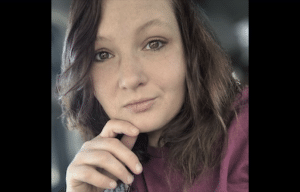Budget talks move beyond regular session
The Illinois House of Representatives announced it would not take up the legislation necessary to pass a budget for a vote Wednesday, leaving the legislature to have to go into special session.
“It is with profound disappointment that I classify this legislative session as an abject failure.
“The reality is that our universities, social service providers, and constituents who are counting on receiving payment for services rendered don’t have another four weeks to wait — they needed their funding four months ago,” State Sen. Paul Schimpf (R-Waterloo) said in response to regular session ending without a full fiscal year budget.
State Rep. Jerry Costello II (D-Smithton) told the Republic-Times that cooperation between the governor and legislature is essential, and he does believe there can be an agreement on the major issues that have kept the budget impasse going for about 700 days.
“The time has come to put politics aside and enact a budget that will provide for the people of Illinois and the vital services and programs that they depend on,” he said.
Any vote on the budget will now require a three-fifths supermajority in both the House and Senate.
Getting a budget passed in time came down to the House Wednesday as Senate Democrats OK’d a spending plan and tax hike with only seven days to go before adjournment. While the bills that make up the budget and accompanying revenue were approved in the appropriate committees, the full house chose not to put them to a vote.
The spending plan approved in the Senate includes $37.3 billion budgeted for the fiscal year that begins July 1. A companion bill — meant to generate $5.4 billion in revenue — raises the personal income tax from a rate of 3.75 percent to 4.95 percent.
The legislation also adds more services taxable under the state sales tax. Some of these services include tattoos, laundry and dry cleaning, pest control and security and alarm installation.
The Senate also scrambled Tuesday to pass a two-year property tax freeze after Rauner reiterated multiple times recently that he would veto any budget that didn’t include that item.
Two separate bills came together in the Senate — one of which freezes property taxes for schools and the other for local government — and passed without Republican support. Republicans said they would not vote for a property tax freeze less than four years in length.






